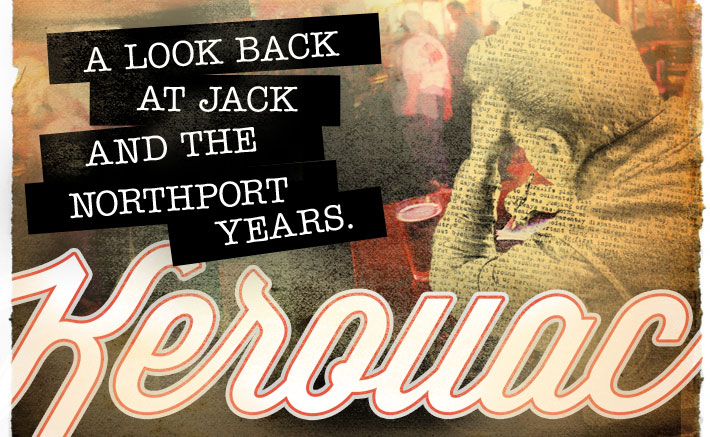HOWL 3 stars
Oscilloscope, Unrated
While biopics may be about the rebirth of a human subject, reinvention is another matter. Remaking human beings in one’s own image is best left to religion, rather than filmmaking.
In the case of the movie Howl, what we have is a generically conceived 1950s Beat Generation, with late poet icon Allen Ginsberg reimagined through the lens of today’s generation—with very different issues on their mind—minus any palpable historical flavor or background. Though perhaps the wiser choice for gay-centric directors Rob Epstein and Jeffrey Friedman (The Celluloid Closet, The Times of Harvey Milk) would have been to learn from the past, rather than taking extensive liberties in imposing one’s own values on it, whether by distortion or omission.
Howl can actually be said to be three films of equal weight connected as one. Often, it comes off as an intertwined collage, but at times the individual productions upstage, compee or even contradict one another with their distinct points of view. Somewhat like the subject of madness and schizophrenia in that subversive, now classic poem “Howl,” the film Howl exhibits multiple split personalities of its own.
The most grounded section is a recreation of the events taking place at the historic 1957 Howl obscenity trial in San Francisco, during which City Lights Publisher Lawrence Ferlinghetti, himself a popular poet spawned from the Beat Generation but who gets to say nothing here, was charged with selling the indicted poem. Passionately inspired animated visuals conceived by graphic artist Eric Drooker, along with readings of passages from “Howl,” are interspersed in the film. In the weakest third portion of this tapestry is an impressive James Franco as Ginsberg, reading the poem to enthralled spectators in coffee houses, being interviewed by an unseen journalist at home and pursuing muses and gay lovers.
 But the way the directors go about embracing “Howl” as a gay bible is wrongheaded and really shortchanges the depth of Ginsberg’s artistic awakening. Anyone familiar with Ginsberg and the thrust of his urgent early poetic themes, is aware his primary obsession wasn’t homosexuality, but rather a keen awareness of political oppression in its most universal sense with a socially conscious clarion call for radical change and enlightenment.
But the way the directors go about embracing “Howl” as a gay bible is wrongheaded and really shortchanges the depth of Ginsberg’s artistic awakening. Anyone familiar with Ginsberg and the thrust of his urgent early poetic themes, is aware his primary obsession wasn’t homosexuality, but rather a keen awareness of political oppression in its most universal sense with a socially conscious clarion call for radical change and enlightenment.
And if there’s anything approaching a sensible way to assess Howl critically as a movie without diminishing any particular sector, I’m inclined to dish out four stars for Drooker’s animation, three stars for the trial’s eloquently vigorous debate, and one star for a far-from-revealing portrait of the eminent, passionately irreverent poet, Ginsberg. Which seems to round out nicely to a three-star review.




